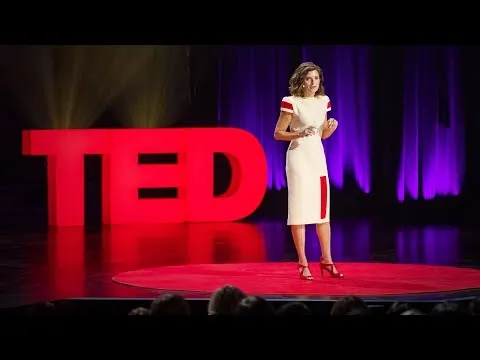There are about 7,000 languages spoken around the world -- and they all have different sounds, vocabularies and structures. But do they shape the way we think? Cognitive scientist Lera Boroditsky shares examples of language -- from an Aboriginal community in Australia that uses cardinal directions instead of left and right to the multiple words for blue in Russian -- that suggest the answer is a resounding yes. "The beauty of linguistic diversity is that it reveals to us just how ingenious and how flexible the human mind is," Boroditsky says. "Human minds have invented not one cognitive universe, but 7,000."
This talk was presented at an official TED conference, and was featured by our editors on the home page.
Why you should listen:
Lera Boroditsky is an associate professor of cognitive science at University of California San Diego and editor in chief of Frontiers in Cultural Psychology. She previously served on the faculty at MIT and at Stanford. Her research is on the relationships between mind, world and language (or how humans get so smart).
Boroditsky has been named one of 25 visionaries changing the world by the Utne Reader, and is also a Searle Scholar, a McDonnell scholar, recipient of an NSF Career award and an APA Distinguished Scientist lecturer. She once used the Indonesian exclusive "we" correctly before breakfast and was proud of herself about it all day.

